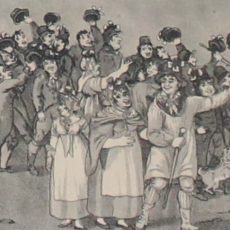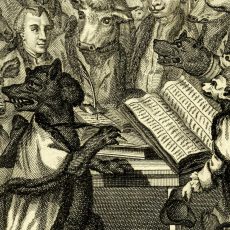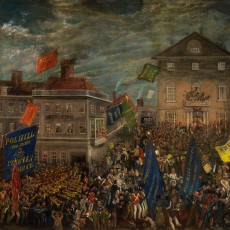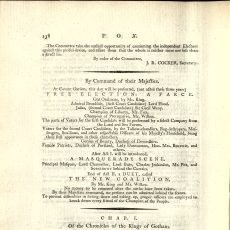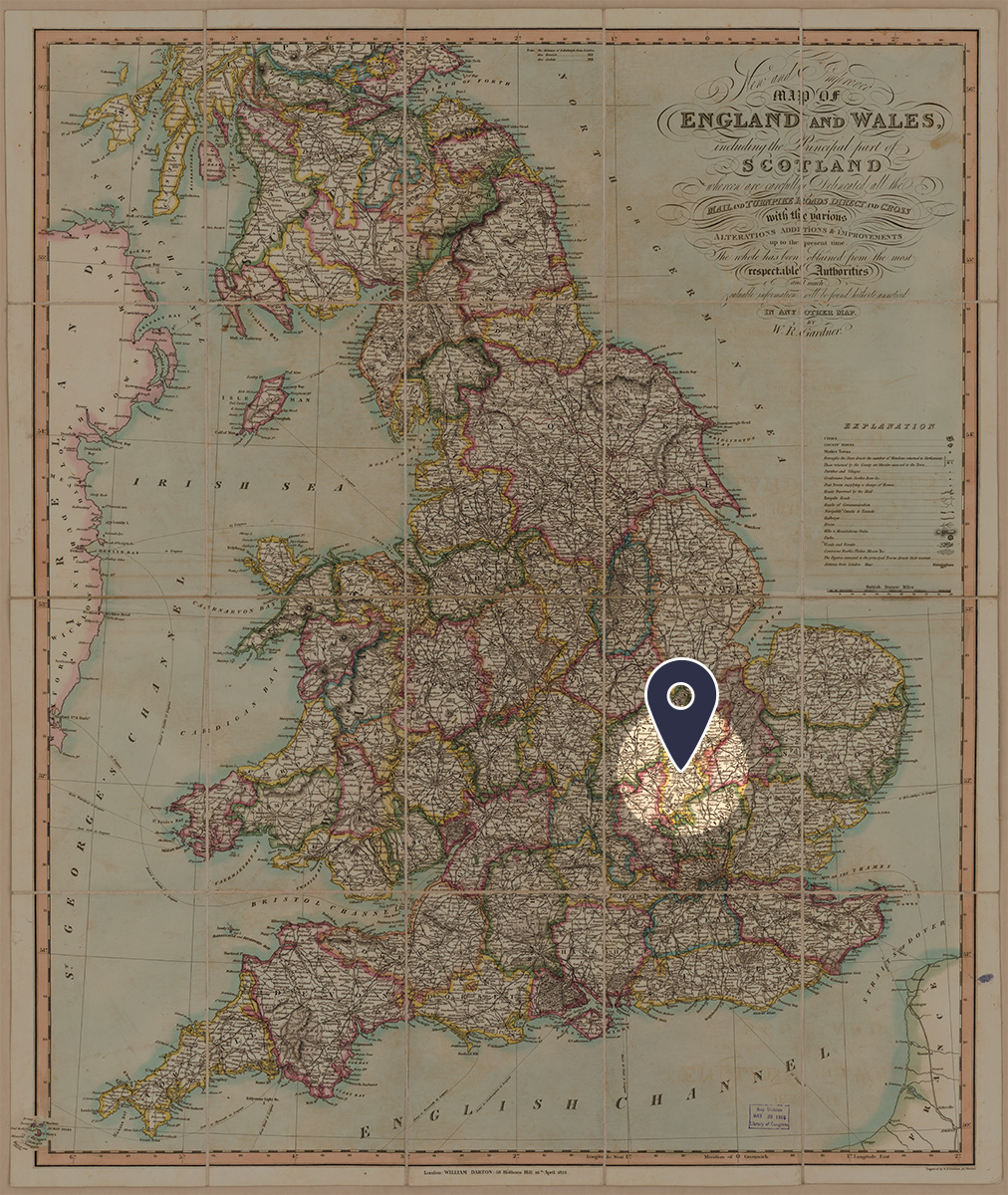
Bedford was a large and populous market town, which owed its prosperity to trade on the River Ouse and the proximity of several aristocratic estates. The town specialized in the production of lace, wool, beer, corn, and timber in the eighteenth-century. Political representation of the borough was often contested between the townspeople and the gentry of the surrounding countryside. Parliamentary elections took place near the Guildhall, with the dukes of Bedford sometimes serving as the recorder. By the 1830s, the electorate of around 1100 people included approximately 15% of the town’s population. The majority of the voters were labourers, shoemakers, tailors, carpenters, butchers, and bakers.
Bedford was run via a Corporation which consisted of the mayor, two bailiffs, and aldermen (burgesses who had previously served as mayor). Though referred to as ‘a select irresponsible body’, the Corporation had the power to create freemen (the requirement for voting in that constituency). The recorder was filled by leading aristocratic families, notable the Dukes of Bedford. Bedford returned two Members for Parliament. Tensions between Whigs (supported by the dukes of Bedford) and Tories (supported by the Corporation) were rife, particularly in the early eighteenth century. Bedford was known for extravagant bribery and treating prior to the poll. In 1789, to gain the advantage over the Corporation’s candidate, the 5th Duke of Bedford had 220 freemen created to support the Whigs. Following that contentious election, the Duke and Samuel Whitbread (a wealthy brewer) managed the representation for the borough, each selecting candidates to represent their interest. The Dukes of Bedford (local landowners) and the Whitbreads (a London brewing family) maintained their influence over the constituency for decades. A Whitbread stood as candidate (whether successful or not) from the 1768 general election onward, and from 1812 the sons of the 6th Duke of Bedford also stood for the constituency. By the 1830 general election, the influence of the Duke of Bedford had declined. From 1826, Lord George Russell was notably absent from his constituency, and did not treat his constituents to good effect. His replacement, Lord John Russell also made himself unpopular due to his family ties and support of Catholic Emancipation, an issue of great concern for a community largely formed by Dissenters. These factors led to a riot on the second day of polling in 1830 and the loss of the Duke of Bedford’s candidate. While many electoral boundaries were shifted as a result of the 1832 Reform Act, Bedford was one of the boroughs which remained unchanged.





